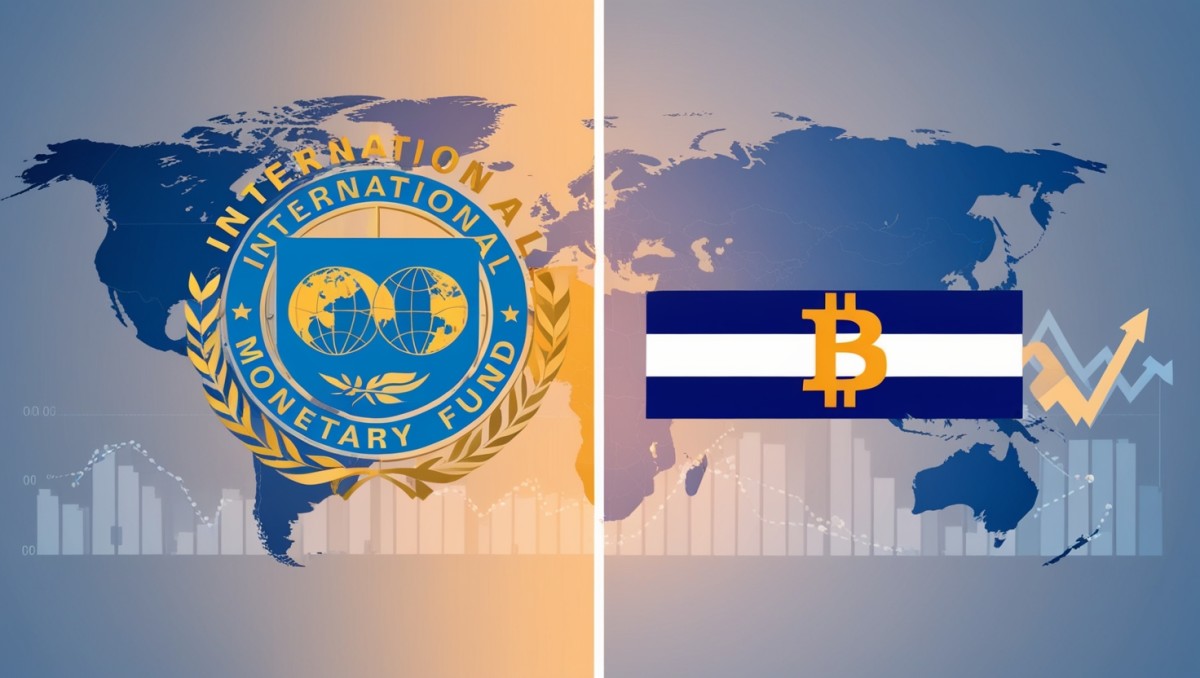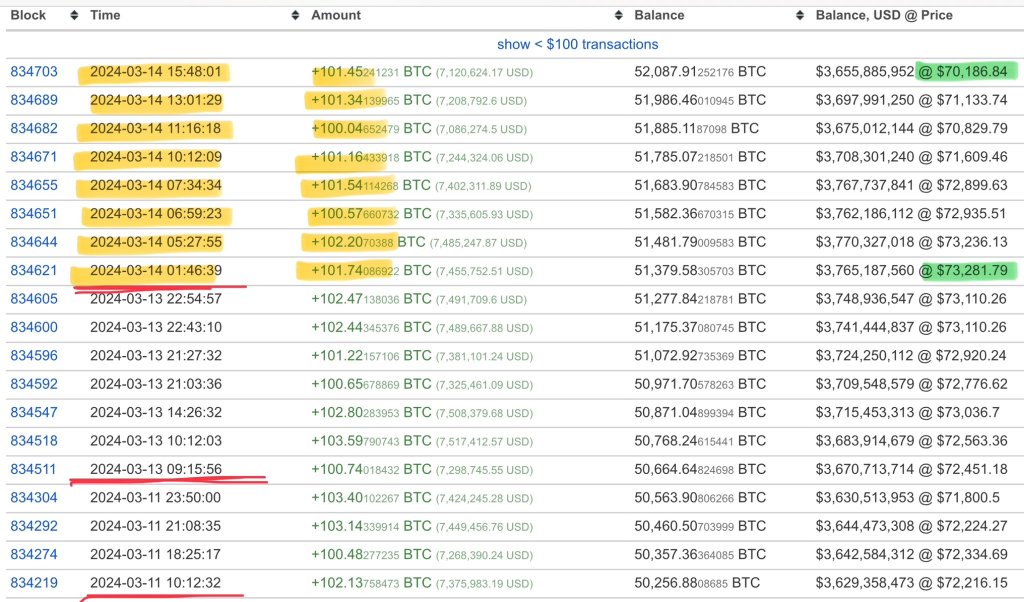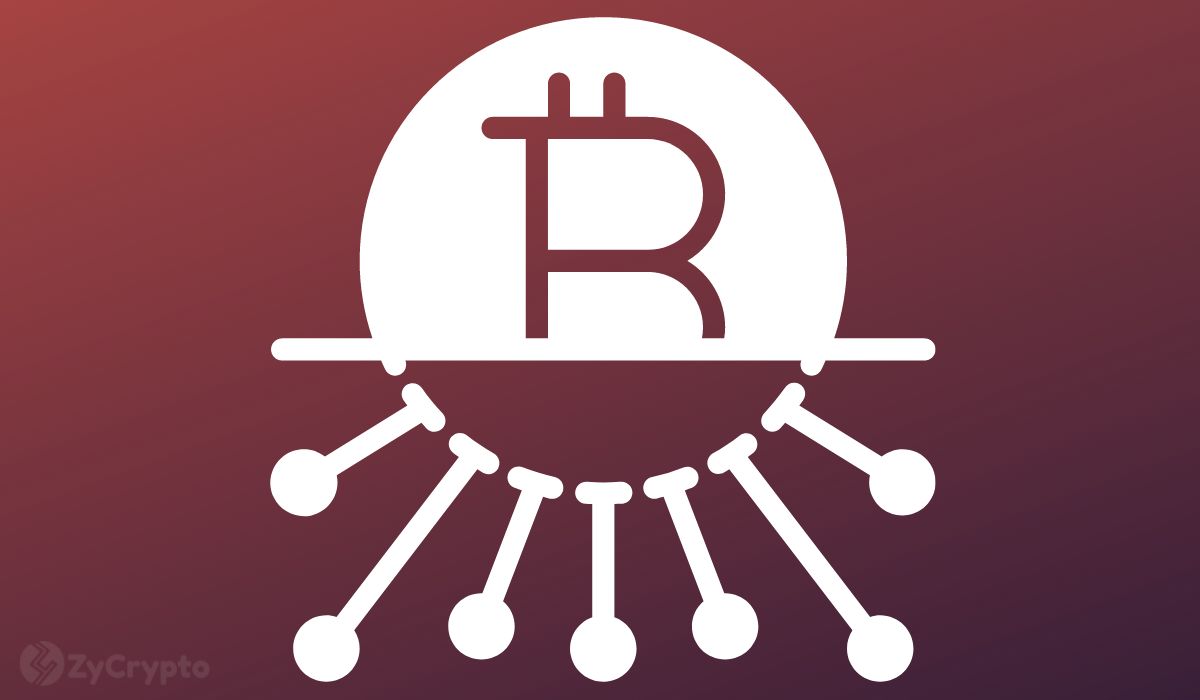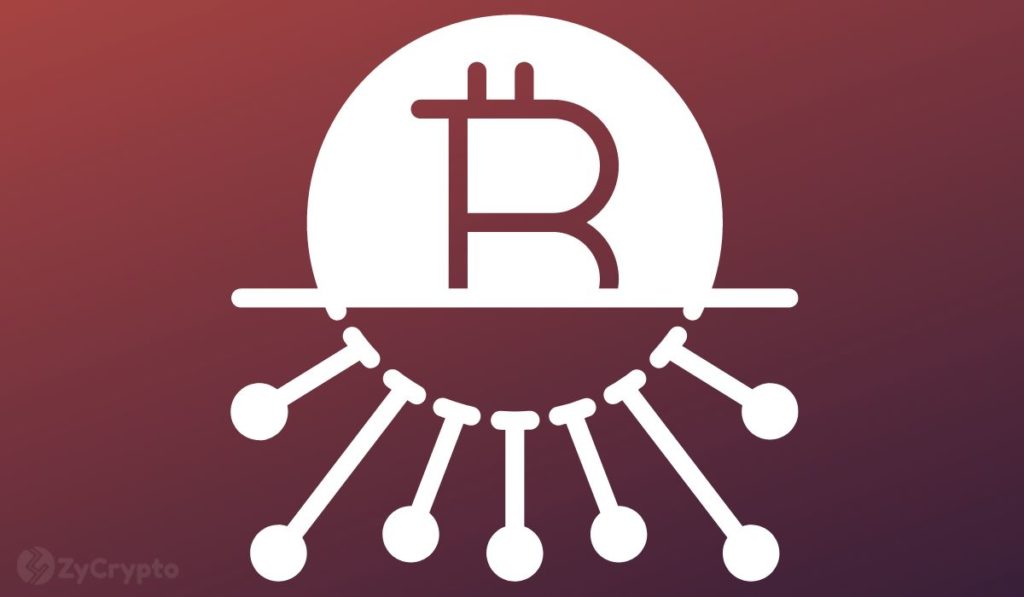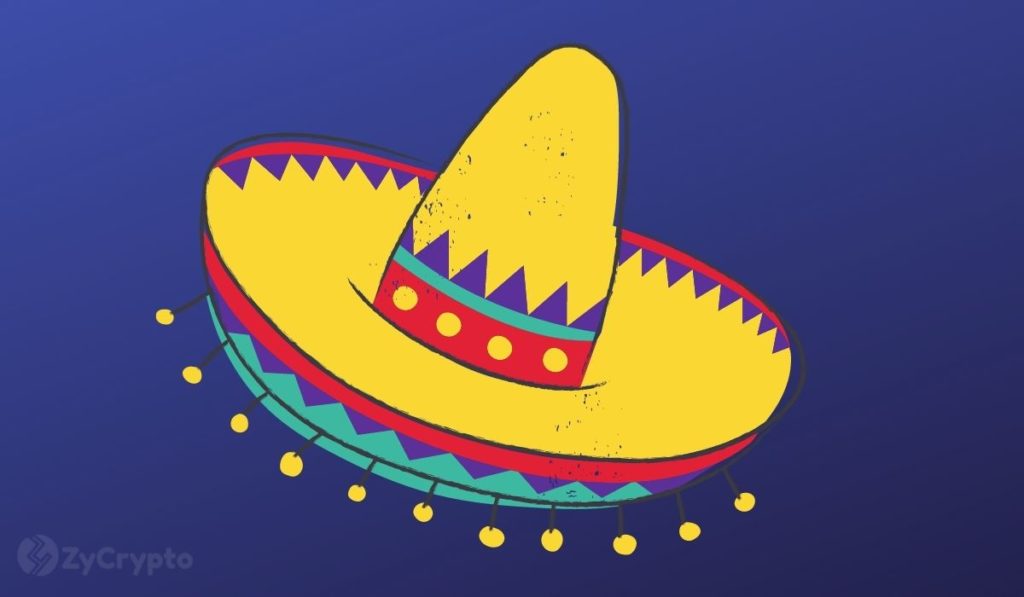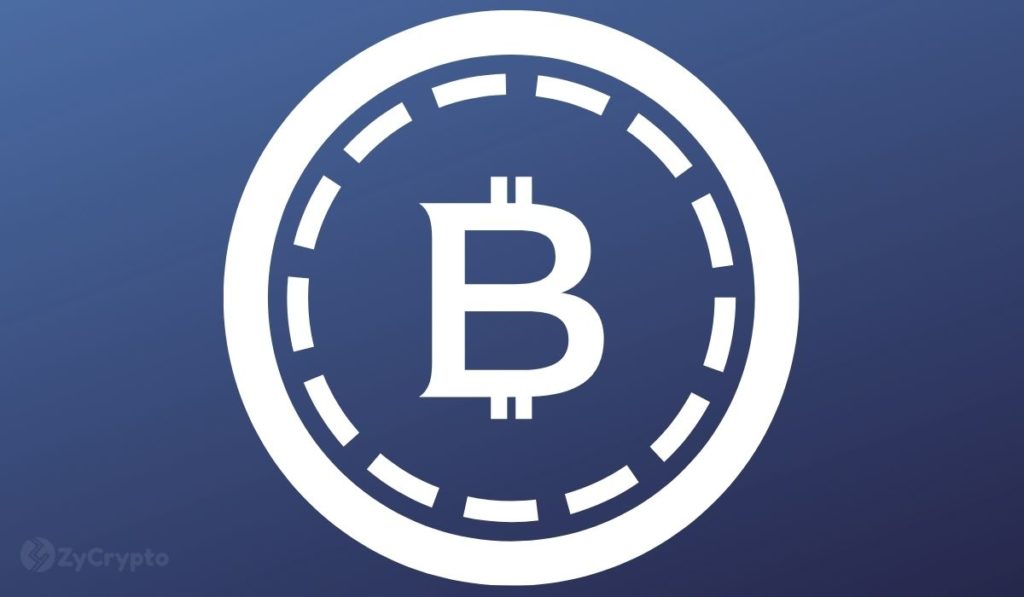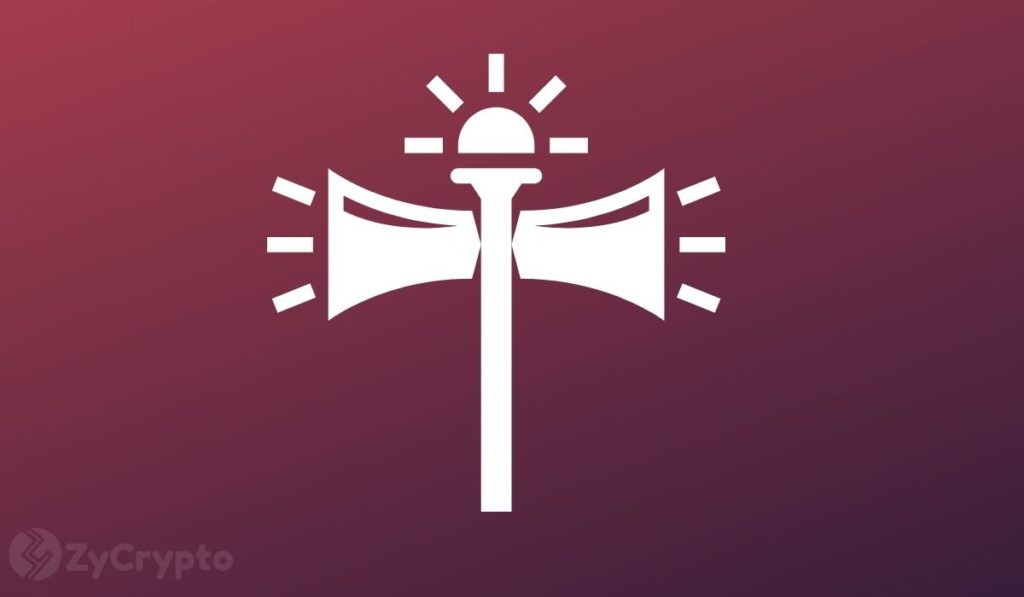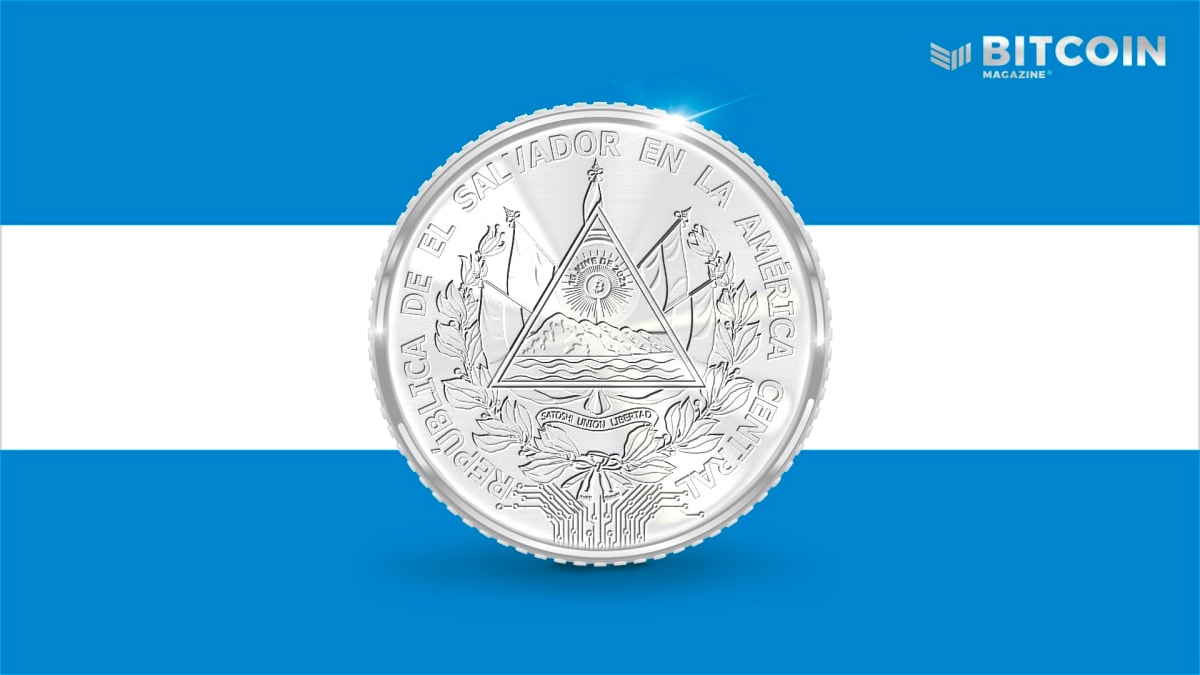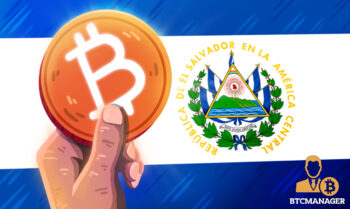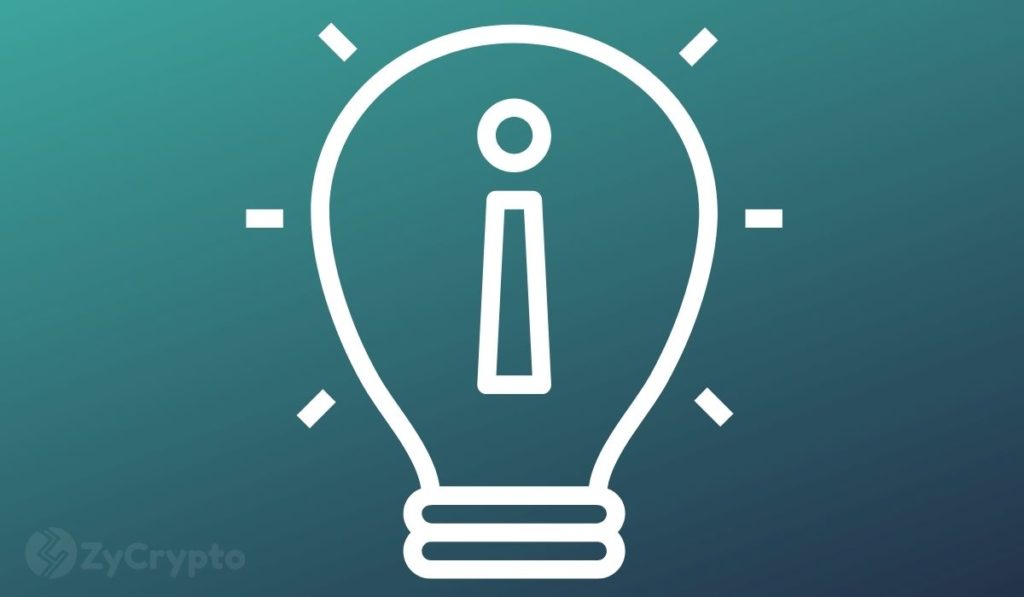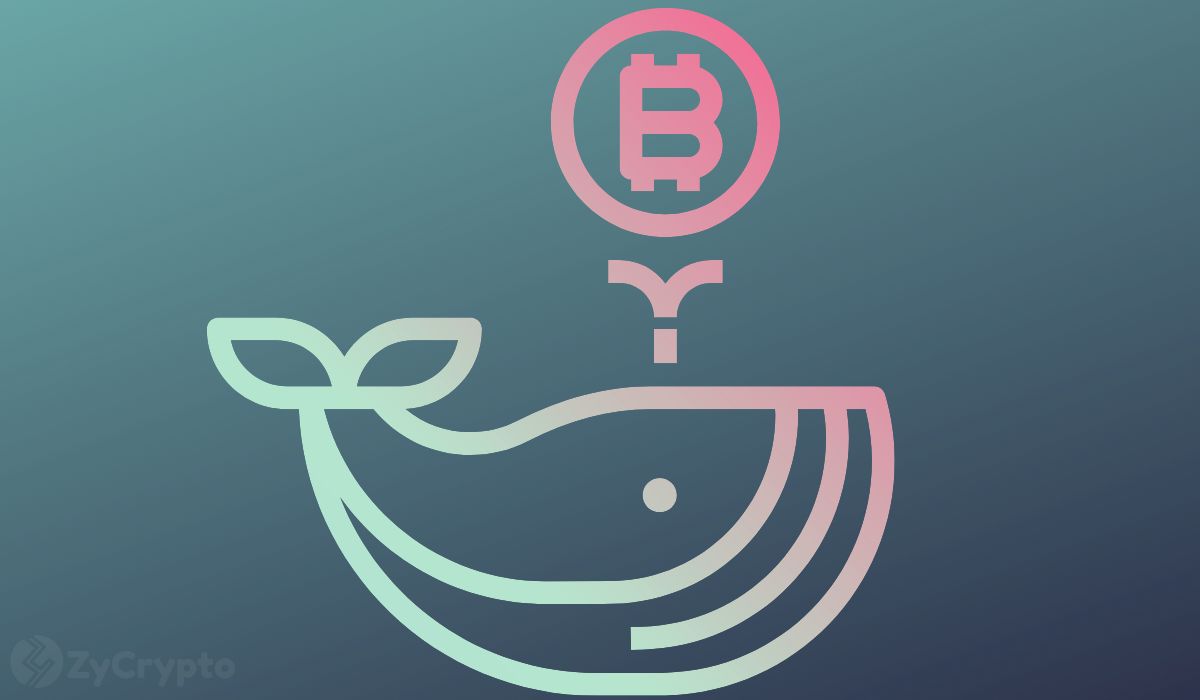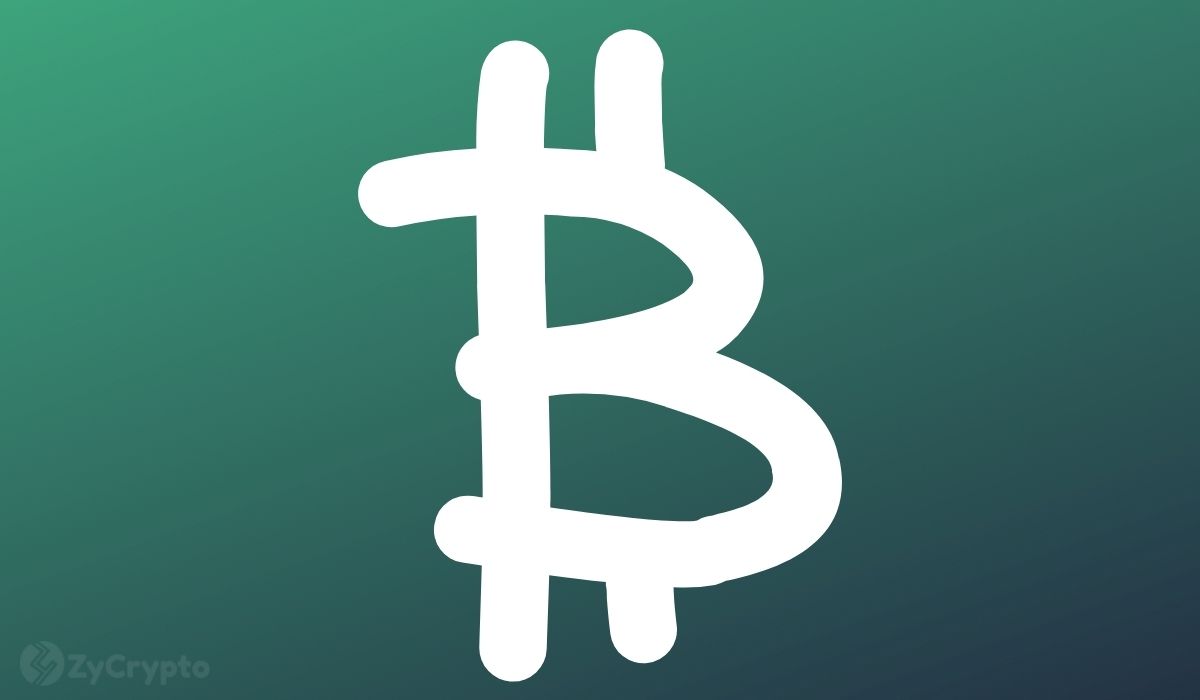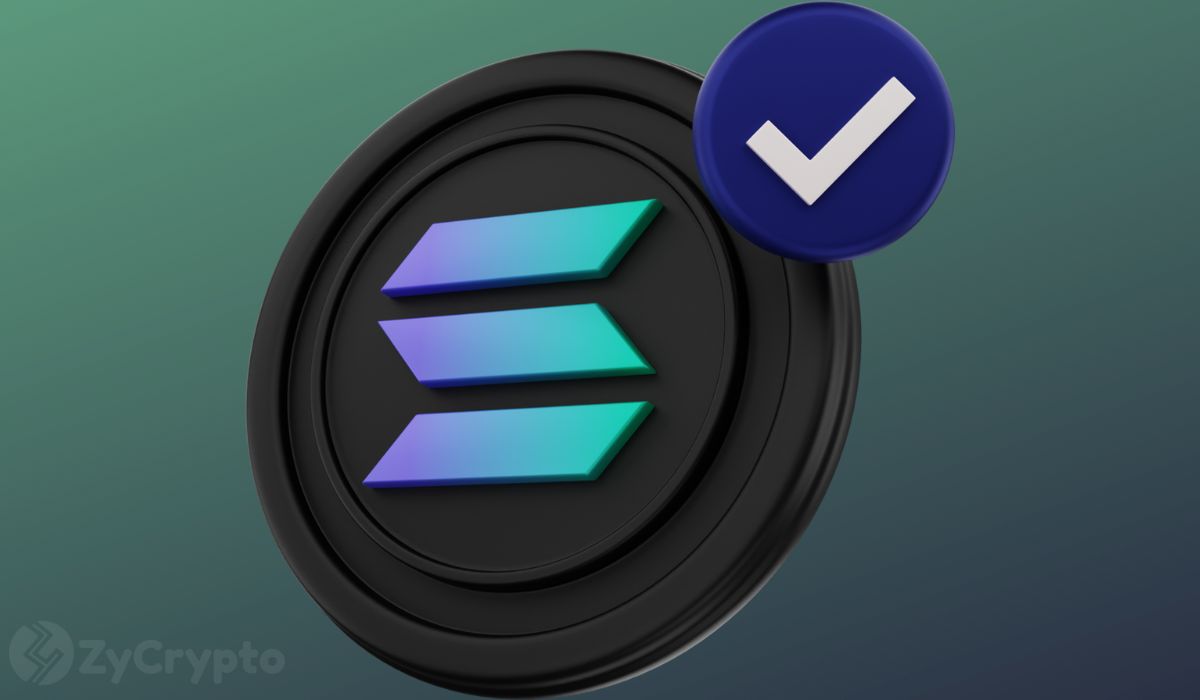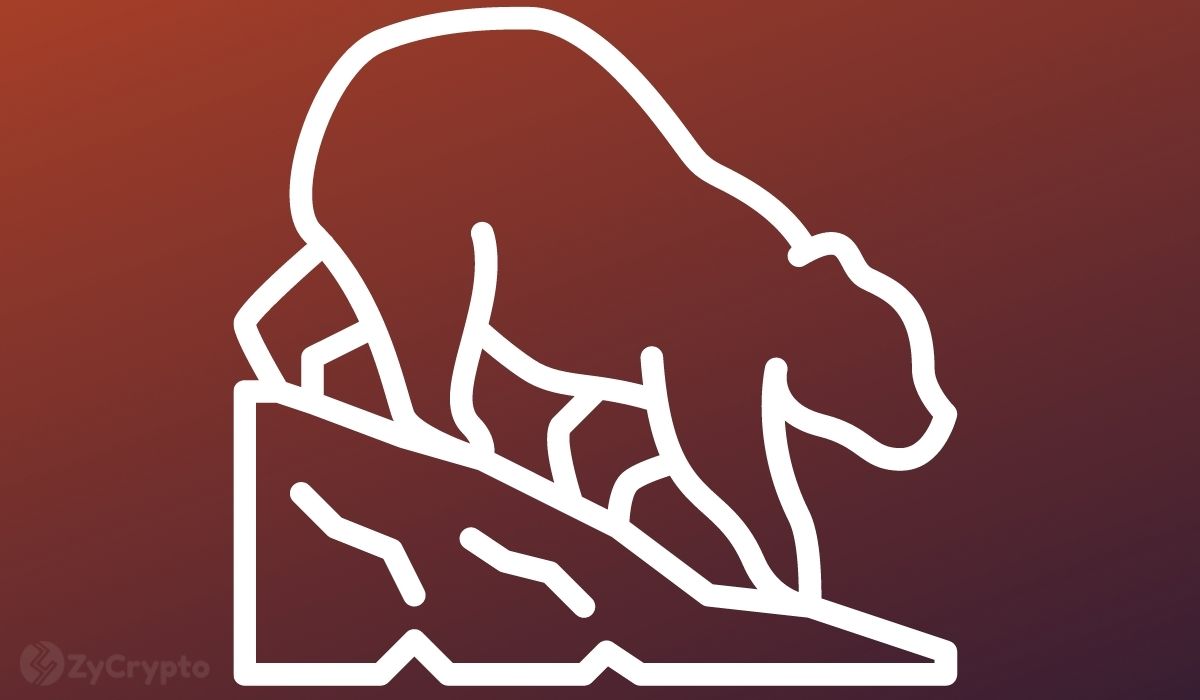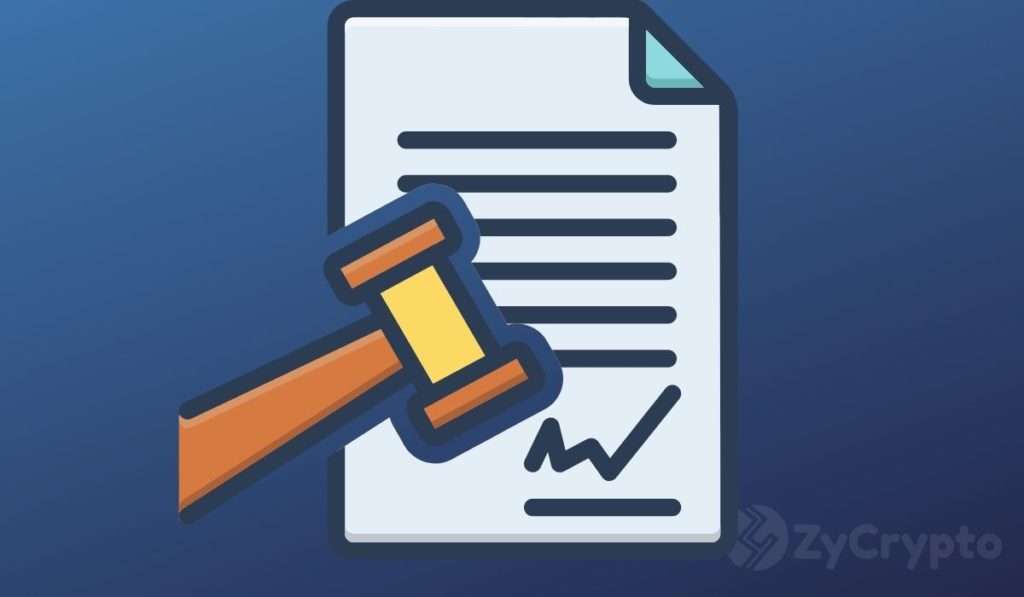
2021-6-23 20:27 |
An opposition party in El Salvador and some public members have filed a complaint against the government’s bitcoin legal tender law, which they view as unconstitutional.
El Salvador’s Bitcoin Law Faces Pushback From OppositionJust days after the World Bank declined El Salvador’s request to provide technical assistance in the implementation of the bitcoin law, the South American nation has hit another snag.
Jaime Guevara, the deputy of the opposition party Farabundo Marti National Liberation Front (FMLN), has joined arms with some citizens and moved to oppose the new bitcoin adoption program, according to a June 21 report by Spanish news publication El Mundo.
One of the lead plaintiffs in the lawsuit, Oscar Artero, asserted that President Nayib Bukele’s bitcoin law lacks a legal basis and was created “to loot people’s pockets.” “It is tax-exempt, they want to force us to trade,” Artero added. He also argued that the bitcoin legislation lacks legality and foundation and failed to take into account the potentially harmful effects that it could cause to the country.
The plaintiffs are hoping that the newly appointed magistrates of the Constitutional Chamber of the Supreme Court of Justice (CSJ) will side with them. This could prove difficult as Bukele’s New Ideas (Nuevas Ideas) party is currently in the lead with 56 seats in the country’s congress, while FMLN has only four.
The report also mentions a rumor swirling in El Salvador about the government wanting to outlaw the bitcoin law discreetly. Salvadoran lawyer Enrique Anaya suggested that the government is clueless about implementing the law and has sought the help of the opposition to indirectly reverse its diktat. Guevara, however, denied conspiring with the Bukele administration on this.
Adopting The Bitcoin StandardTwo weeks ago, the Salvadoran government amazed the world with the unexpected announcement that it would be implementing bitcoin into its financial system. The announcement was made by President Nayib Bukele during the final hours of the Bitcoin 2021 conference held in Miami, and the momentous bill was passed just days later.
In less than 80 days, El Salvador will become the world’s first sovereign nation to recognize bitcoin as a legitimate legal tender. However, the bitcoin project has experienced hostility left, right, and center — even from international organizations, including the International Monetary Fund (IMF) and the World Bank. For instance, the World Bank cited “environmental and transparency shortcomings” as the reason for refusing to offer assistance.
Nonetheless, Strike, the payment firm piloting the bitcoin-based payment system in El Salvador, remains optimistic about the move. Speaking with British bitcoin podcaster Peter McCormack recently, Strike CEO Jack Mallers revealed that they have received support from the country’s top five banks and two of the largest cashpoint distributors. He also noted that the company would be eliminating the use of USDT as a substitute for the U.S. dollar in bitcoin payments.
That being said, this is an exciting chapter in bitcoin’s history. Moreover, the success or failure of the Salvadoran bitcoin experiment is very important in that it will pave the way for other countries that wish to follow in its footsteps, which will inevitably continue the global financial revolution.
origin »Bitcoin price in Telegram @btc_price_every_hour
Bitcoin (BTC) íà Currencies.ru
|
|
